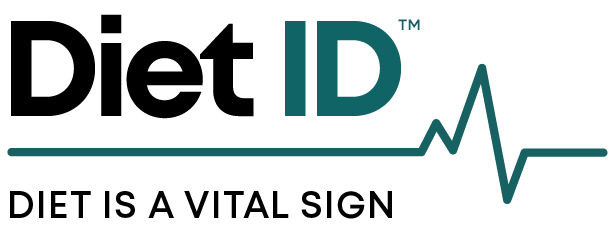It seems like the media is always sending out mixed messages about nutrition, confusing the public and even those in the health and medical field. Sensationalized headlines, exaggerated reports, and tempting clickbait add to the confusion. Healthcare providers don’t have time to read through individual studies, assess the statistical methods, compare with other studies, and analyze the findings. So we need to look to the real nutrition research experts who have no special interest -- other than reporting the truth in order to promote optimal health.
Leading world-renowned nutrition epidemiologists, academics, and researchers have come together to challenge new suggested guidelines about meat consumption, put forth by authors of recent Annals of Internal Medicine papers that analyzed several published studies on the associations between red and processed meat consumption and health outcomes. Their conclusion: Because of weak evidence of any health benefit of reducing meat consumption, continue eating the amount you’re currently eating.
Their guidelines challenge the long-standing consensus that red meat should be eaten in moderation, and processed meat minimally (if at all), and at the expense of whole, plant based foods such as vegetables, fruits, whole grains, legumes, and nuts.
Here’s what you need to know:
The findings are based on questionable science. Several important studies* are ignored, as well as recommendations from the American College of Cardiology, American Heart Association, American Cancer Society, World Health Organization, the Harvard School of Public Health. One of the studies’ own authors doesn’t agree with the conclusions based on the methods used to perform the meta-analysis and the interpretation of the findings, which actually suggested the opposite of their conclusions.
Diet is the most important predictor of health and longevity, and our growing epidemic of diet-related chronic diseases is directly linked to high meat consumption.
To focus on only one food or food group ignores the more important question -- what is the rest of the diet composed of? Health outcomes are not strongly correlated to any one food or food group, but to overall diet quality. We need to look at diet patterns, which provide information about diet quality -- to get an accurate picture of health risks over time.
In the words of Dean Ornish: “These Annals reports will confuse millions of people into believing that “these damn doctors can’t make up their minds,” countering decades of consistent research showing that a meat-based diet is unhealthful and undermining the public’s confidence in scientific research.”
*A few of the studies left out of the Annals of Internal Medicine analyses:
Martínez-González MA, Ros E, Estruch R. Primary prevention of cardiovascular disease with a Mediterranean diet supplemented with extra-virgin olive oil or nuts. N Engl J Med. 2018;379:1388-1389.
Martinez-Gonzalez MA, Sanchez-Tainta A, Corella D, et al. A provegetarian food pattern and reduction in total mortality in the Prevención con Dieta Mediterránea (PREDIMED) study. Am J Clin Nutr. 2014;100(suppl):320S-328S.
Appel LJ, Moore TJ, Obarzanek E, et al. A clinical trial of the effects of dietary patterns on blood pressure. N Engl J Med. 1997;336:1117-1124.
Ornish D, Scherwitz L, Billings J, et al. Intensive lifestyle changes for reversal of coronary heart disease Five-year follow-up of the Lifestyle Heart Trial. JAMA. 1998;280:2001-2007.
Kris-Etherton P, Eckel RH, Howard BV, St. Jeor S, Bazzarre TL. Benefits of a Mediterranean-Style, National Cholesterol Education Program/American Heart Association Step I Dietary Pattern on Cardiovascular Disease. Circulation 2001; 103(13):1823-1825.
Wang F, Zheng J, Yang B, Jiang J, Fu Y, Li D. Effects of vegetarian diets on blood lipids: a systematic review and meta-analysis of randomized controlled trials. J Am Heart Assoc. 2015;4:e002408.
Yan Zheng Y, Satija A, Pan A, Sotos-Prieto M, Rimm E, Willett WC, Hu FB. Association of changes in red meat consumption with total and cause specific mortality among US women and men: two prospective cohort studies. BMJ 2019;365:2110.
Yokoyama Y, Nishimura K, Barnard ND, et al. Vegetarian diets and blood pressure: a meta-analysis. JAMA Internal Medicine. 2014;174:577-587.
Yokoyama Y, Barnard ND, Levin SM, Watanabe M. Vegetarian diets and glycemic control in diabetes: a systematic review and meta-analysis. Cardiovasc Diagn Ther. 2014;4:373.




